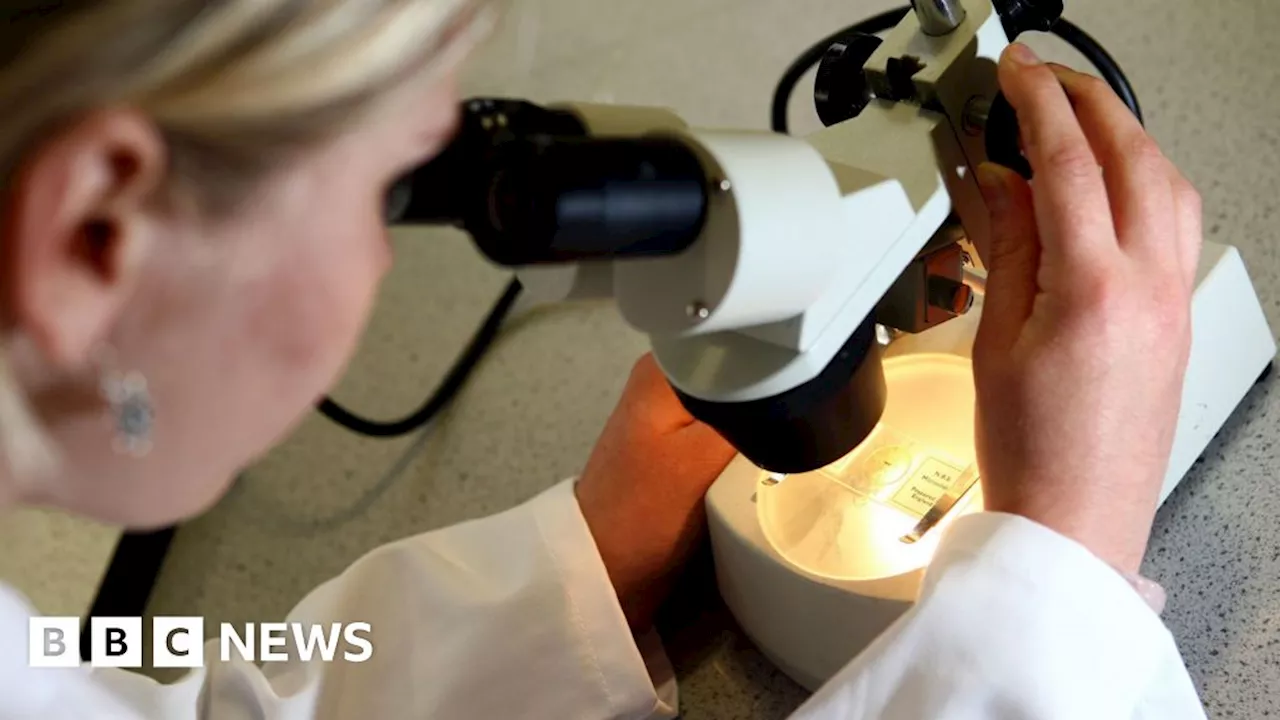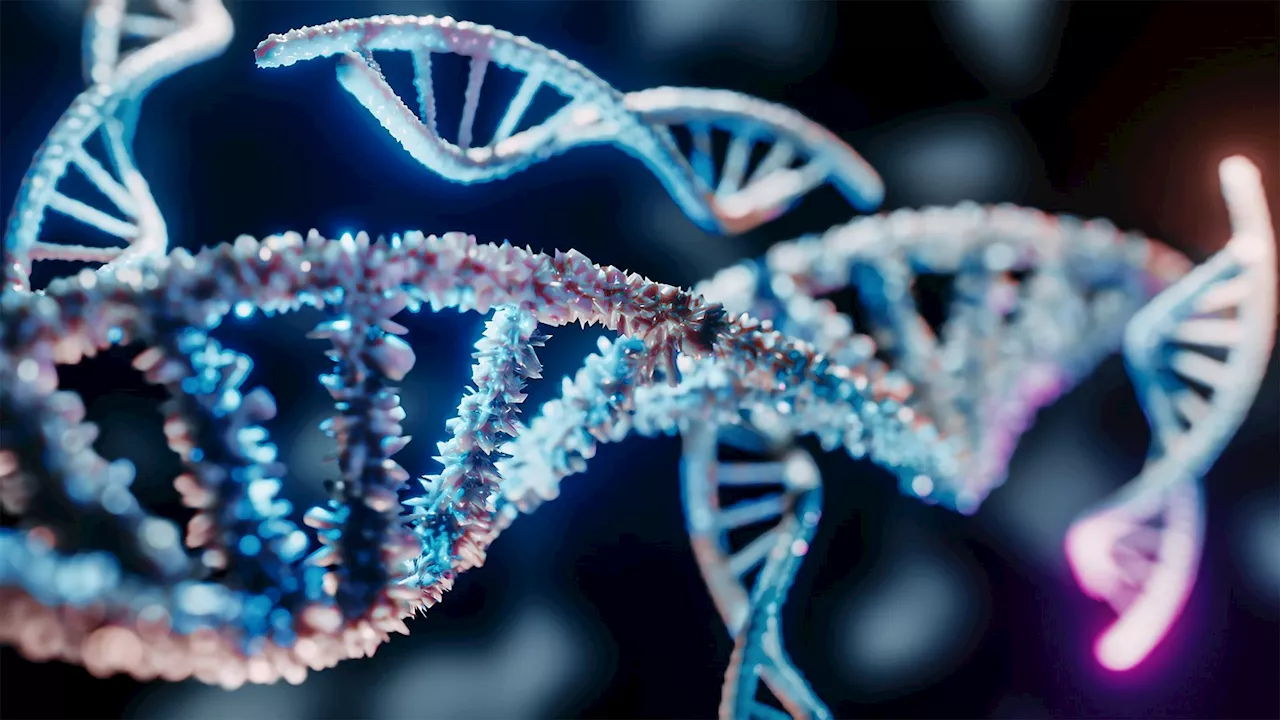Genetic research from the world's leading RLS experts could lead to new prevention strategies and treatments for the poorly understood disorder.
, a poorly understood and underdiagnosed neurological disorder causing itching, crawling, and aching sensations in the limbs that can only be relieved with movement.
"The main treatments that everybody continues to use are actually making people worse," said Andrew Berkowski, MD, a Michigan-based neurologist and RLS specialist not involved in the study. These drugs —In the new study, the group analyzed three genome-wide association studies, collectively including genetic information from 116,647 patients with RLS and more than 1.5 million people without it.
Among the top candidates are genes that influence glutamate — a key chemical messenger that helps move signals between nerve cells in the brain."Compared to starting at the beginning and developing an entirely new chemical entity, we could run clinical trials using these alternatives in RLS patients," said the study's first author Steven Bell, PhD, an epidemiologist with the University of Cambridge, Cambridge, England.
"We know that genetic factors play an important role in making people susceptible to the disease," said Winkelmann,"but in the end, it is the interaction between genetic and environmental factors that may lead to its manifestation."A potentially useful tool coming out of the study was a"polygenic risk score," which the researchers developed based on the genes identified.
Health And Medical Tech Health And Med Tech Health And Medical Technology Healthcare Technology Medical Technology Restless Legs Syndrome RLS - Restless Leg Syndrome RLS Genetics Science And Innovations Genomics Genomic Medicine Dopamine Agonist Dopamine Nerve Cell Anticonvulsant Tiagabine Antiepileptic Drug Antiseizure Drug Blood Board Certification
United States Latest News, United States Headlines
Similar News:You can also read news stories similar to this one that we have collected from other news sources.
 Restless legs syndrome tied to 140 'hotspots' in the genomeEmily is a health news writer based in London, United Kingdom. She holds a bachelor's degree in biology from Durham University and a master's degree in clinical and therapeutic neuroscience from Oxford University. She has worked in science communication, medical writing and as a local news reporter while undertaking journalism training.
Restless legs syndrome tied to 140 'hotspots' in the genomeEmily is a health news writer based in London, United Kingdom. She holds a bachelor's degree in biology from Durham University and a master's degree in clinical and therapeutic neuroscience from Oxford University. She has worked in science communication, medical writing and as a local news reporter while undertaking journalism training.
Read more »
 Genetics study points to potential treatments for restless leg syndromeScientists have discovered genetic clues to the cause of restless leg syndrome, a condition common among older adults. The discovery could help identify those individuals at greatest risk of the condition and point to potential ways to treat it.
Genetics study points to potential treatments for restless leg syndromeScientists have discovered genetic clues to the cause of restless leg syndrome, a condition common among older adults. The discovery could help identify those individuals at greatest risk of the condition and point to potential ways to treat it.
Read more »
 Cambridge restless leg study could 'improve millions of lives'Cambridge scientists are involved in a study into the causes and treatment of restless leg syndrome.
Cambridge restless leg study could 'improve millions of lives'Cambridge scientists are involved in a study into the causes and treatment of restless leg syndrome.
Read more »
 How to cope with restless leg syndrome while travelingHow to cope with restless leg syndrome while traveling.
How to cope with restless leg syndrome while travelingHow to cope with restless leg syndrome while traveling.
Read more »
 Opinion: Take ranked choice voting national for presidential electionsWith Americans fundamentally restless with their ballot choices, RCV could solve the spoiler problem.
Opinion: Take ranked choice voting national for presidential electionsWith Americans fundamentally restless with their ballot choices, RCV could solve the spoiler problem.
Read more »
 New DNA sequencing detects early genetic changes, can aid cancer treatment'HiDEF-seq sequencing allows us to see the earliest fingerprints of molecular changes in DNA when changes are only in single strands of DNA.'
New DNA sequencing detects early genetic changes, can aid cancer treatment'HiDEF-seq sequencing allows us to see the earliest fingerprints of molecular changes in DNA when changes are only in single strands of DNA.'
Read more »
